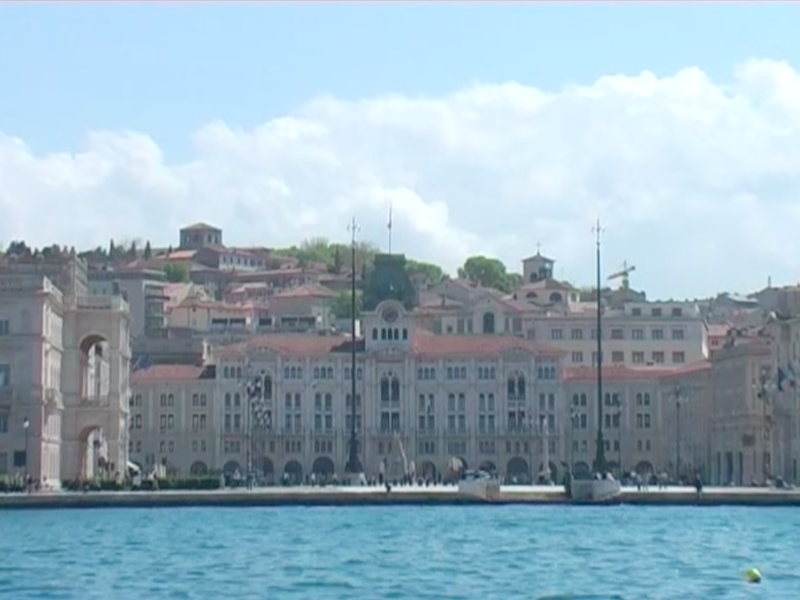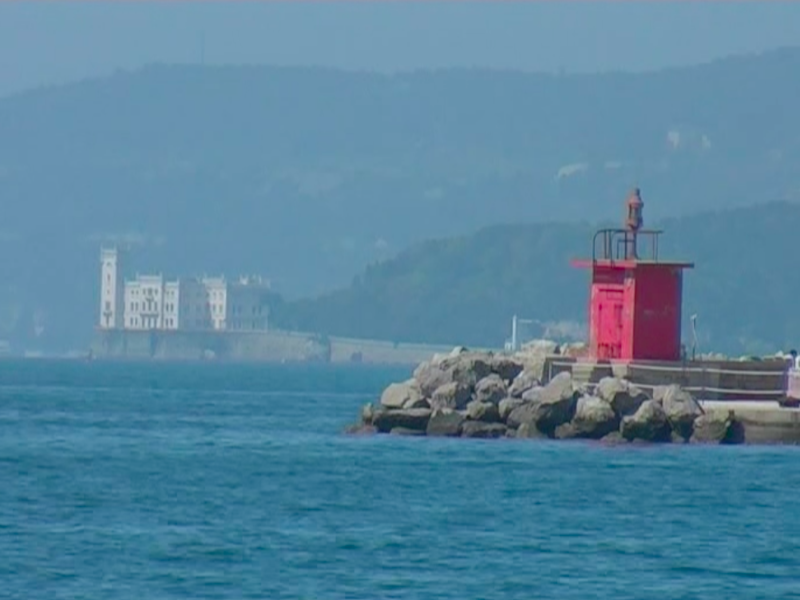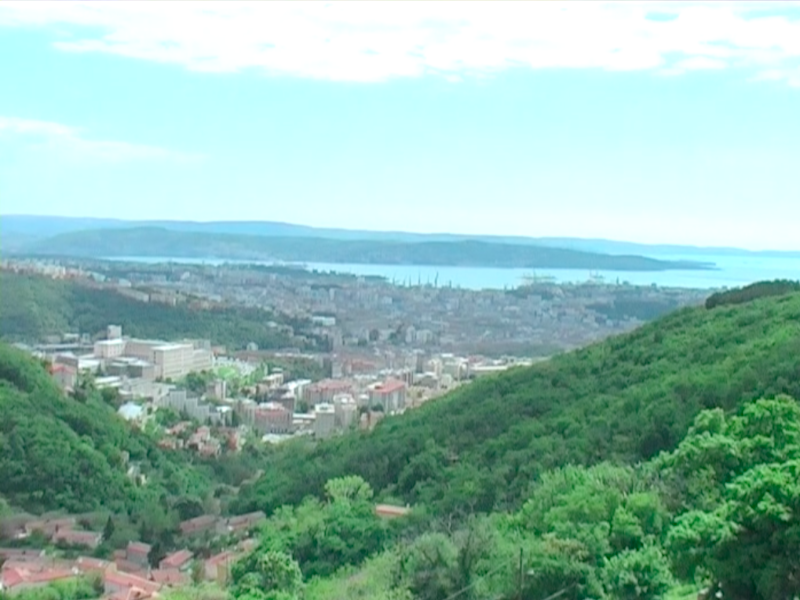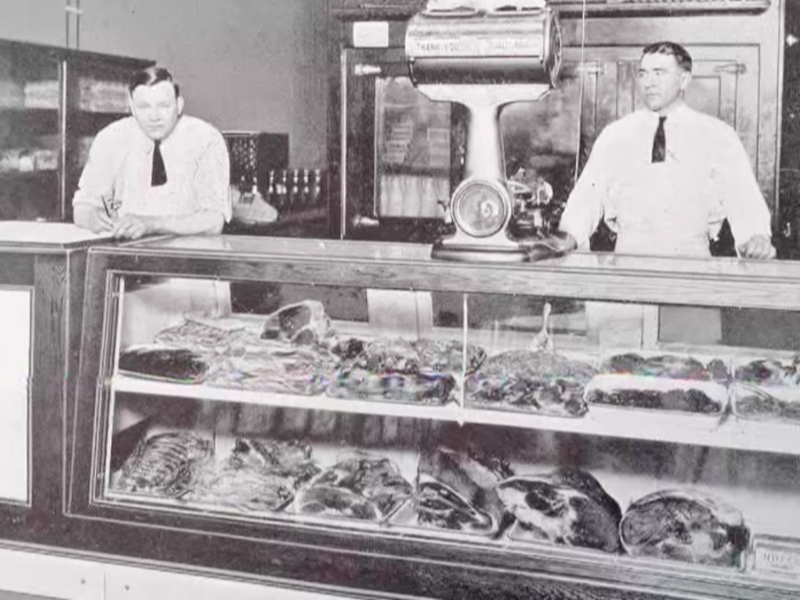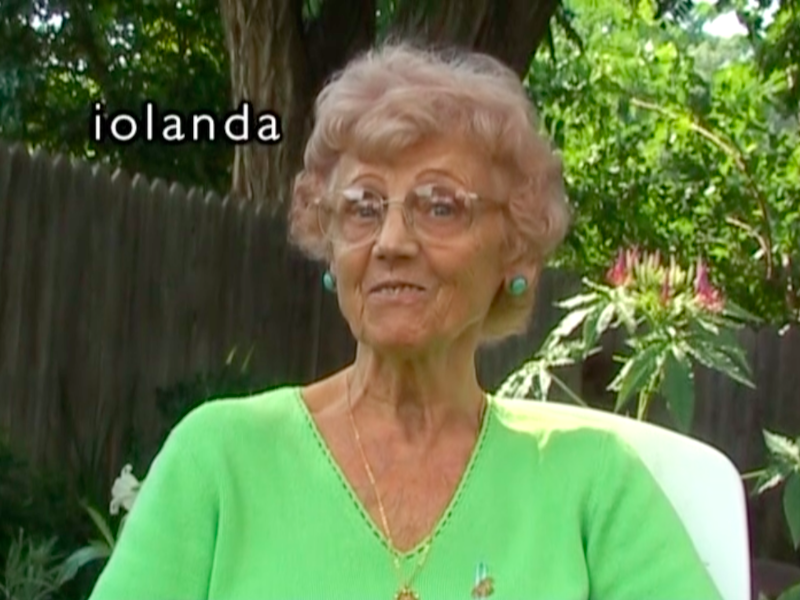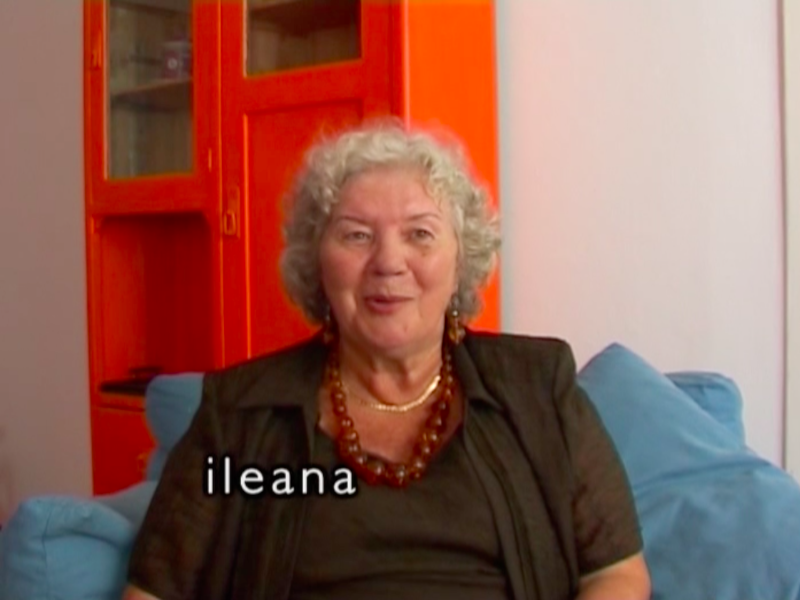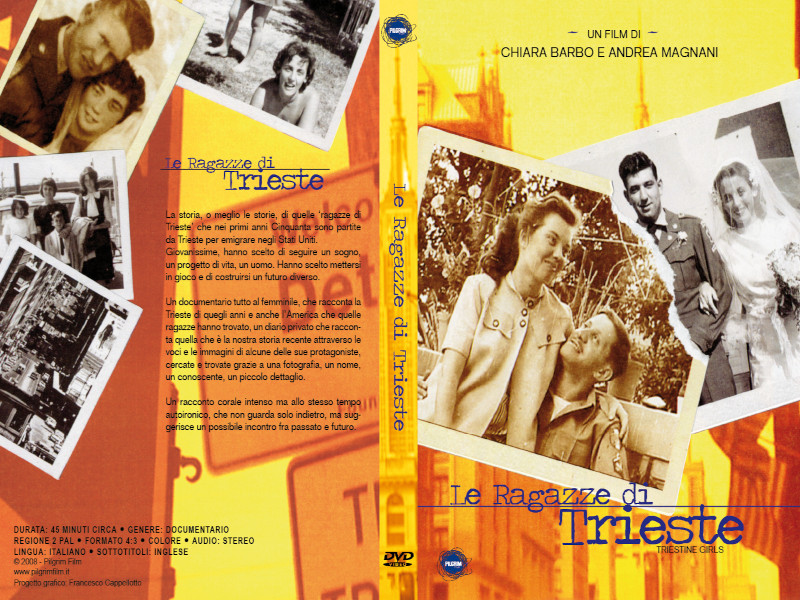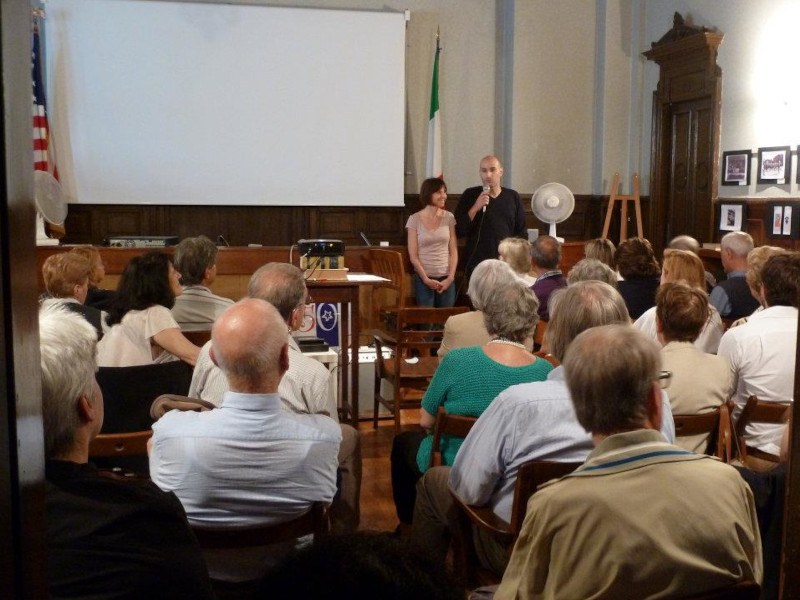Triestine Girls (2008)
Le ragazze di Trieste [ITA]
The story of seven Italian women who in the early 1950s, while Trieste was still under Anglo-American jurisdiction, left for the United States in order to pursue their dreams, following the men they were in love with – the American soldiers who served in their hometown.
- Film kind: documentary
- Duration: 45’
- Year: 2008
- Format: DV
- Country: ITA/USA
- Language: Italian
- Directors: Chiara Barbo and Andrea Magnani
- Screenplay: Chiara Barbo
- Director of photography: Andrea Magnani
- Editing: Andrea Magnani
- Production: Pilgrim Film [ITA]
- Film festivals: Lagonamovies (Grado, Italy, 2008, closing film), Cimameriche Film Festival (larger metropolitan area of Genova, Italy, 2008), Italian Film Festival USA [ITA] (online, 2020)
- Other screenings: the European office of the Region Friuli-Venezia Giulia (Brussels, 2009), the Calandra Institute (New York, 2010), Italo-American Association of the region Friuli-Venezia Giulia (Trieste, 2012), cinema Ariston (Trieste, 2012).
- TV broadcast: Rai Friuli-Venezia Giulia, 2009-2010
Videogallery
Photogallery
Film stills
Sample of the archival material used in the film
Other images
Long synopsis
The film tells the story, or, more precisely, stories of those Triestine girls who, at the beginning of the 1950s left Trieste for the United States. All of them were young, many still in their teens. They decided to leave to follow their dreams, a project, a man, placing a bet on their destiny. The film functions like a private video diary, which tells the town’s history through the voices of the protagonists of those times, tracked down following a trail of photographs, names and acquaintances. A multi-voiced tale of memories, this documentary is made out of archival material (records, videos, pictures) and interviews with seven of those women, each with her own story to tell, now based in New York, Florida, California, Michigan and Virginia.
Festival circulation
Triestine girls has been mostly screened in small-size film festivals in Italy and the US. This includes the 2008 screenings in the 5th editions of the Lagonamovies in the coastal town of Grado in the region of Friuli-Venezia Giulia, and of the Cimameriche Film Festival, an event dedicated to films about “migration and taste [ITA]”, organized in various locations of the wider metropolitan area of Genova (Sestri Levante, San Salvatore di Cogorno, Chiavari and Lavagna). More recently, the film was shown in the 2020 edition of the Italian Film Festival USA (normally taking place in 14 towns across the US, due to the COVID crisis in 2020 the festival took place entirely online, between March and November). Rather than through film festivals, the film’s visibility has been ensured through screenings organized by various cultural centres, independent movie theatres and associations (usually related to Italian diaspora, and/or Italo-American cultural ties). In this context, it was for instance shown in the Italian American Calandra Institute in New York (April 29, 2010), and in cinema Ariston in Trieste (December 22, 2014). The association of Giulian diaspora, "Il Circolo di Bruxelles dei Giuliani nel Mondo", organized two screenings in the Brussels office of the Region Friuli-Venezia Giulia [ITA] (Regione Friuli-Venezia Giulia, March 19 and May 11, 2009). The Italo-American Association of the region Friuli-Venezia Giulia (Associazione Italo-Americana del Friuli Venezia Giulia) screened it within a programme entitled “Trieste USA: 1945–1954“, that consisted of a series of film screenings and guided walking tours in Trieste organized throughout the month of May 2012 (May 11).
Media and public interest
The film has mostly been discussed on the pages of the local press and websites, as well as in the media from North Italy. Those include for instance “Messaggero Veneto” [ITA], a daily newspaper from the region of Friuli-Venezia Giulia, and Bora.la [ITA], a website run by the Triestine book publisher White Cocal Press, which also features information about the local cultural scene. Regarding bigger media outlets, the film was briefly mentioned in the daily "Corriere della sera"’s 2014 article “East Side Story. Quando Trieste era Americano” [When Trieste was American] about the times when Trieste was under American military occupation. The article, written by Greta Sclaunich and Maria Strada, features an interview with filmmaker Chiara Barbo. The film has also sparked interest of the online media outlets targeting Italian diaspora, such as i-Italy, self-described as “the multimedia network for all things Italian in America”, led by Letizia Airos (Anna Letizia Soria). The text published on this platform, “Triestine Girls. Reflection on the Istrian Exodus [ITA]” (signed by Benedetta Grasso and Eleonora Mazzucchi, April 15, 2010) together with an older piece republished on the same webpage, “A Painful Piece of Italian History, Overlooked”, misleadingly associates the protagonists’ departure from Trieste to the exodus of Italians from socialist Yugoslavia, despite these two emigrations being separate phenomena (one was emigration of Italians from Trieste, a town which was between 1945 and 1954 under the Anglo-American jurisdiction, and another one was emigration of Italians from the areas that were attributed to socialist Yugoslavia in 1947 i.e. 1954).
About the filmmakers
Producer, filmmaker and film curator Chiara Barbo (1972) holds a diploma in Cinema History from the University of Trieste. Formerly based in Rome (1999-2008) and New York (2014-2020), she has since 2022 been the president of the association La Cappella Underground [ITA] (Trieste). Based between Rome and Trieste, Andrea Magnani (1971) has worked as a screenwriter for numerous Italian TV series, including L’Ispettore Coliandro (Manetti Bros, Rai, 2006-2021). His first feature film, Easy, Un viaggio facile, facile (2017), was selected at more than 100 film festivals worldwide and won multiple awards, including the best actor award for Nicola Nocella at the 70th Locarno Film Festival and the Grand Prix of the Annecy Festival of Italian Cinema (Festival del cinema italiano di Annecy, 2017). It also earned two nominations for the David di Donatello Award given by the Italian Cinema Academy (“best emerging director” and “best leading actor”, 2018).
NB: Le ragazze di Trieste should not be mistaken with the 1982 fiction film, La ragazza di Trieste, a mystery/romance/drama directed by Pasquale Festa Campanile, starring Ornella Muti in the leading role. The film is a screen adaptation of Campanile’s novel of the same title.



